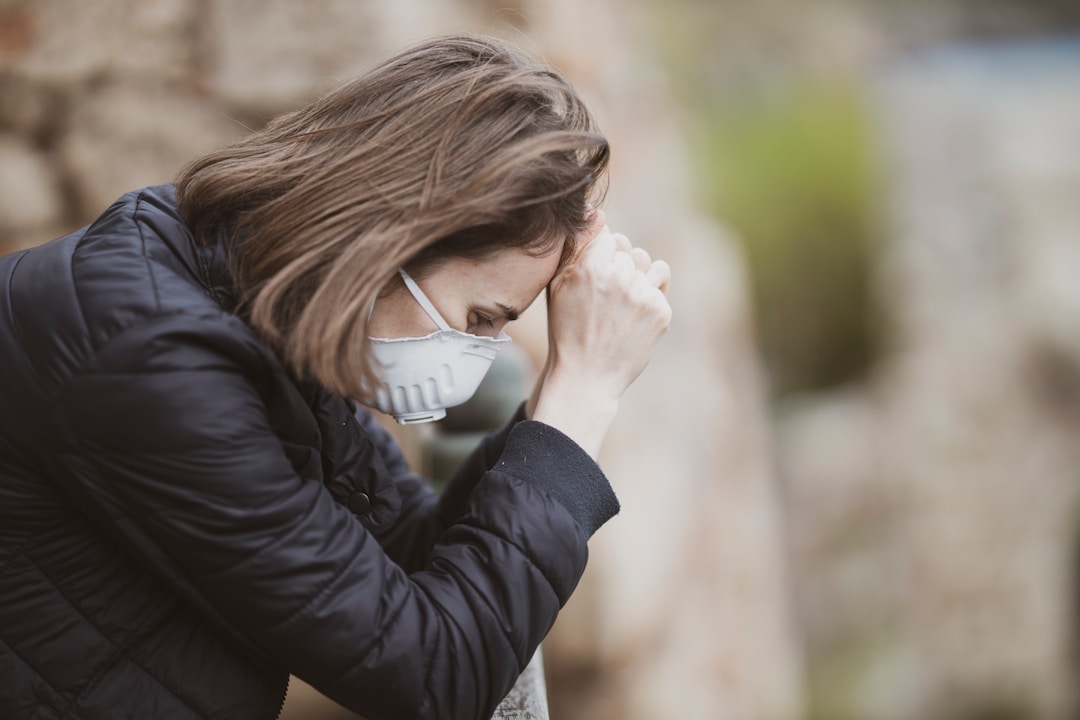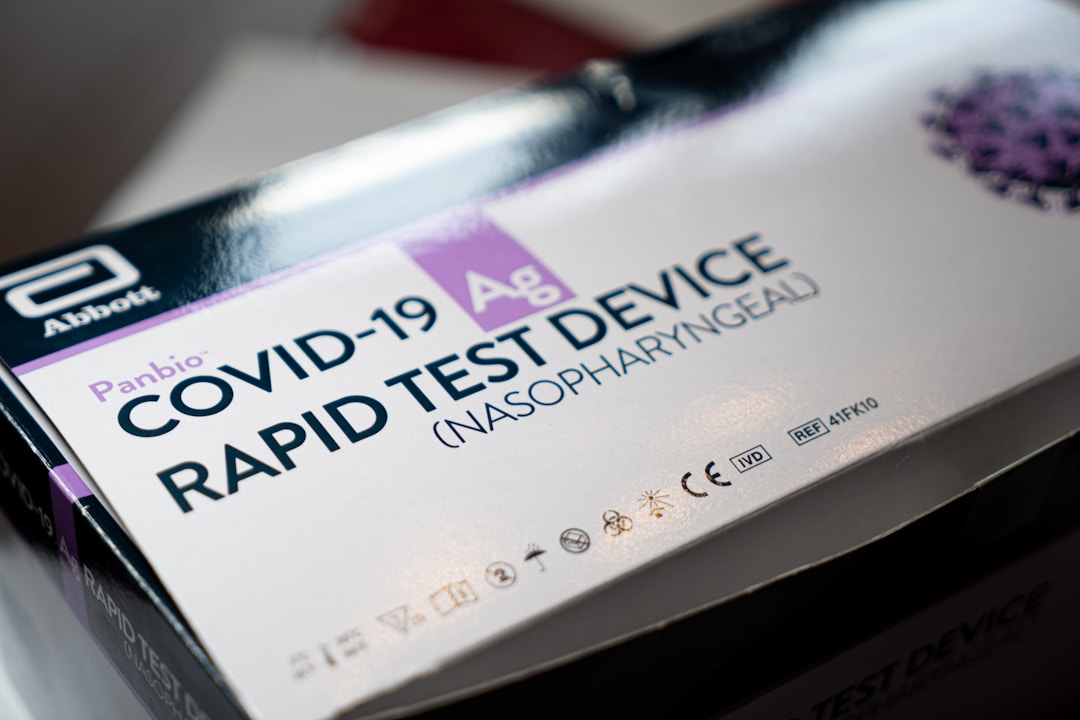With the threat of COVID-19 still going strong throughout the United States and beyond, it’s more important than ever to understand what medical care you need and when you could be facing a medical emergency. Could your seemingly mild symptoms actually indicate that you have coronavirus? Even a mild case can be deadly if you’re in close contact with someone at higher risk. A wide range of symptoms present in COVID-19 come with other health conditions, too, making it all the more important to understand your symptoms and take efforts like self-quarantine or otherwise limiting close contact if necessary. But, with cold season continuing through the winter months, how can you be sure of whether you’re dealing with the common cold or facing symptoms of COVID-19? And, just as importantly, how do you distinguish between these health conditions with an unnecessary visit to your healthcare provider putting you and your loved ones at further risk of COVID-19?
Pay close attention to your symptoms.

To a certain extent, you can distinguish between a cold and a more severe illness like COVID-19 by looking closely at your symptoms. Turn to a COVID-19 symptom checker and consider whether the ailments you’re facing line up with COVID-19 symptoms. For example, is your cough persistent, but productive? You’ll be happy to learn that coronavirus typically features a dry cough. Have you lost your sense of taste or smell without a stuffed nose or other clear cause? You’re more likely to need medical attention and treatment from your healthcare provider. Spend some time analyzing your own symptoms and comparing them to those that the CDC’s federal website and other reputable resources have linked to COVID-19, or turn to a symptom checker or online questionnaire to consider likely diagnoses.
Take precautions.

If you’re concerned that your cold-like symptoms might be caused by the coronavirus, consider when your last exposure to COVID-19 could have occurred. Usually, symptoms manifest between two days and two weeks after your last exposure to the coronavirus. If you’ve been taking ample precautions, wearing a mask in public, washing your hands regularly and thoroughly, or committing to self-imposed quarantine, you are less likely to have symptoms in the first place and, if you do, have some peace of mind in knowing you’ve done as much as you can to avoid COVID-19, so it’s likely another illness. Study the CDC website and other resources, like your favorite symptom checker, Mayo Clinic, and other online resources, to learn not just the symptoms of COVID-19 but the things you can do to avoid contamination in the first place.
Consider alternative diagnoses.

With cold season and the COVID-19 pandemic both at large, it’s unsurprising that these two conditions (with similar symptoms) can be easily confused. But, to make your ailment all the more disorienting, they aren’t the only health conditions that can lead to these sorts of symptoms. Consider, for example, whether allergies could be to blame for your runny nose and fatigue. Muscle aches and a sore throat? You could have the flu, rather than coronavirus. Turn to your trusted symptom checker and see what other conditions share your symptoms‚Äîit’s possible you have neither a cold nor COVID.
Get tested.

The CDC recommends that anyone with symptoms of coronavirus, who’s been in close contact with someone who’s tested positive, or whose healthcare provider recommends it get tested for COVID-19. If you’ve consulted a symptom checker or been around someone with a COVID diagnosis, consider researching local test sites or contacting your healthcare provider for their opinion and recommendation. While COVID-19 testing isn’t foolproof, it’s still one of the most effective ways to determine whether your symptoms come from a cold or this more severe illness.
When it comes to determining whether your symptoms are caused by COVID-19 or a cold, there’s more at stake than whether you should schedule an appointment with your healthcare provider‚Äîit’s a matter of public health and disease control. If you suspect you could have COVID-19 symptoms, consult a symptom checker and consider a period of self-quarantine until you can be sure it’s safe to be in close contact with others, especially if your loved ones are at higher risk of complications from COVID. And, if you’re still unsure, talk to your healthcare provider about receiving a COVID-19 test to further analyze your symptoms.













